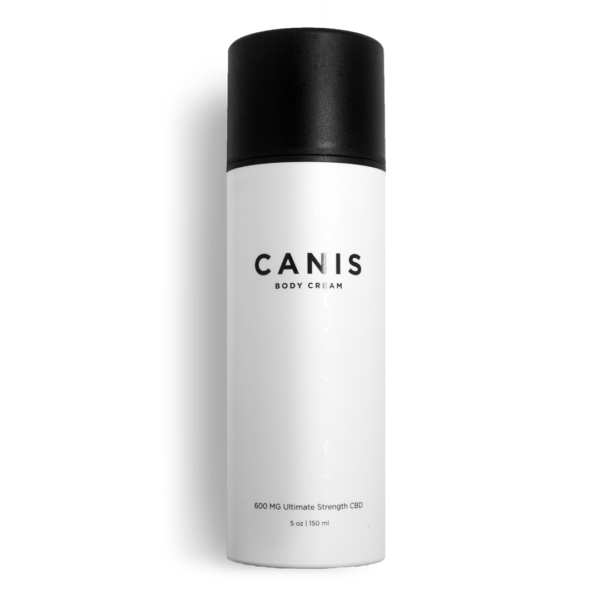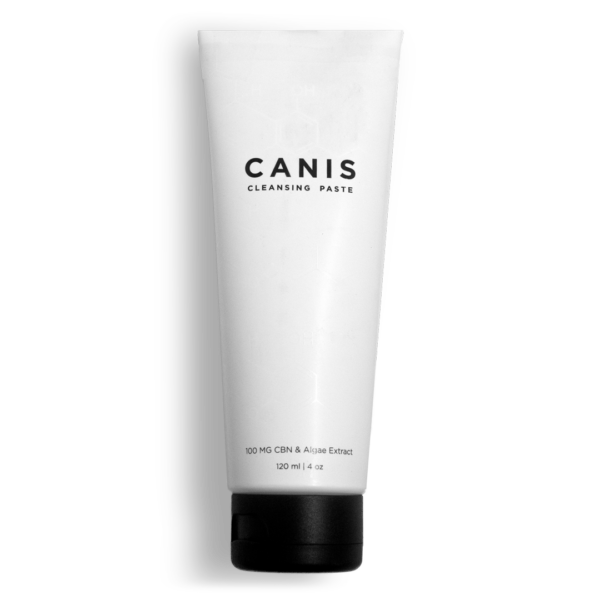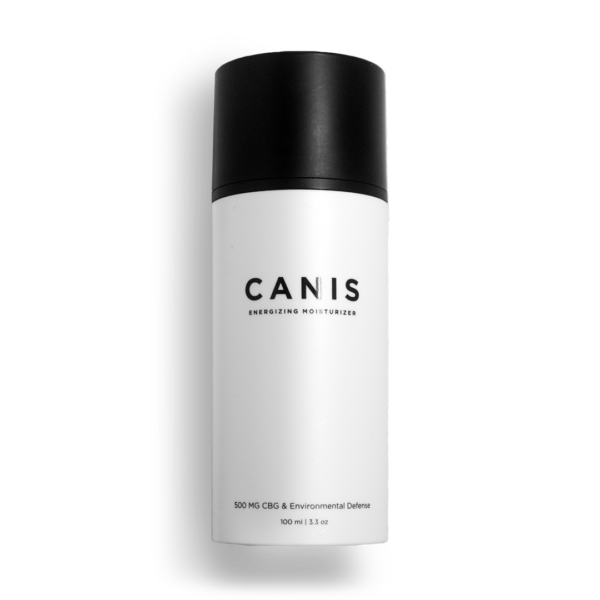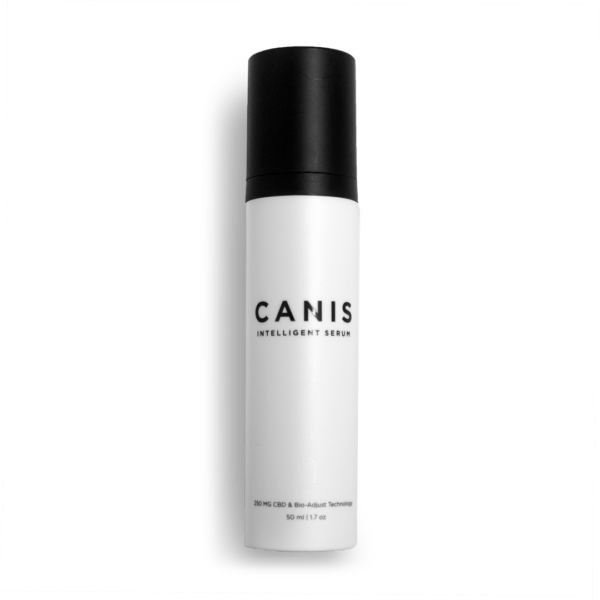Blog
Does CBD Lotion Relax You? Everything You Need To Know

Cannabidiol (CBD) is still most often taken in oil, although topical CBD products are gaining traction for a variety of reasons. Topicals made with CBD are unique in that they provide localized pain relief while also enhancing the look and health of your skin. Topical CBD treatments are providing you with a variety of advantages and products in one, as a result of this. But does CBD lotion relax you?
Apart from the difference in amounts, there are other distinctions to consider. Topical CBD products, for example, include a variety of skincare ingredients such as herbal extracts, essential oils, and vitamins. Naturally, you want to avoid irritants.
Topicals are a form of CBD-based ointments, lotions, salves, balms, serums, massage oils, and other similar products. They are sometimes made with a specific objective in mind, such as face treatments, lip balms, or pain relievers.
If you’d like to learn about the basics of CBD read our blog post, CBD Uses For You To Enjoy.
In This Post:
- CBD and Skin
- CBD Skin Care Benefits
- What is CBD Cream
- How to Use CBD Topicals
- Picking a CBD Topical
- CBD and Skin
Cannabidiol, or CBD, is a non-psychoactive cannabinoid found in cannabis. Tetrahydrocannabinol (THC) is the other major cannabinoid—and the one that generates cannabis’ infamous “high.”
Cannabis plants, including both marijuana and hemp, are members of the same family. Hemp has less than 0.3 percent THC, whereas marijuana has more than 0.3 percent THC, according to federal law in the United States. Hemp is commonly used for CBD farming and extraction owing to these factors.
Hemp-derived CBD may be used to produce a range of CBD goods, including pure CBD oil tinctures, edibles like CBD gummies, and topical creams. CBD products, including topical or otherwise, do not induce the “high” that THC-containing medical marijuana does.
The endocannabinoid system (ECS) controls a wide range of bodily functions, including the ability to feel pain, sleep well, combat inflammation, be happy, and more. The cannabis plant—particularly hemp, but also marijuana—contains phytocannabinoids that impact the ECS, including CBD oil discovered to decrease inflammation and pain intensity.
Yes, CBD has been shown in studies to have a wide range of healing effects, but what about the skin? What about using CBD in an oil-based product? Isn’t it true that putting CBD in anything oily makes things worse or does CBD lotion relax you?
The right oil or other source of healthy fat is beneficial for your face since it provides excellent moisture and does not block pores. To function properly, skin requires a certain amount of oil. Scrubbing too often, on the other hand, will just result in more production. This condition can be helped by utilizing moisturizing compounds that are better for your skin.
Cannabinoids, including CBD, are antioxidants that may help treat skin diseases. B-vitamins and other essential amino acids, many of which are present in CBD, are also required for healthy skin.
The skin also has its own endocannabinoid system, which helps to maintain the skin’s equilibrium and health. The objective is to achieve stasis, which is similar to the endocannabinoid system’s aim throughout the human body: The EC system maintains a level of equilibrium in all aspects of life, including our skin.
CBD, in fact, is beneficial to healthy skin since most skin disorders are caused by an imbalance. CBD and skin There is still a lot of study to be done, but here’s what we know right now about CBD and skin:
- Acne. Acne is largely caused by hormones, but CBD helps reduce acne’s redness and swelling as well as help to cure it.
- Inflammation. Transdermal CBD reduces pain and inflammation in rats, making it a potential treatment for skin diseases like rosacea, eczema, and psoriasis.
- Itching. CBD can help with chronic, treatment-resistant itching by blocking nerve stimulation.
- Scarring. According to one research of scar tissue patients, CBD may aid in the reduction of scarring.
CBD Skin Care Benefits
CBD has lots of potential skin care benefits:
- Reduce signs of aging. CBD, like antioxidants such as vitamin E or vitamin C, combat dryness, oxidative damage, and inflammation. That includes things like fine lines, blemishes, and wrinkles as signs of aging.
- Balance complexion. The skin’s endocannabinoid system (ECS) is a network of specialized cells and receptors that affect many functions, including the maintenance of healthy skin. CBD works to keep the ECS in balance, preventing excessive oiliness and patchy areas.
- Soothe skin. Because of the anti-inflammatory properties of THCV, topicals containing it can relieve itching, dryness, and redness.
What is CBD Lotion?
Since the Farm Bill legalized CBD products produced from hemp at the federal level in 2018, FDA has been regulating CBD topicals. There isn’t a fully regulated market, to be clear, but there is a gray area.
Topicals infused with cannabidiol (CBD) include creams, balms, salves, lotions, and transdermal patches. They are meant to be applied directly to the skin for surface level comfort or in some circumstances for deeper muscular pain alleviation or even for things like relaxation or sleep.
CBD cream, for example, is a cream-based topical that includes CBD. Most high-quality health and beauty products contain a 50:50 ratio of oil to water to keep the skin hydrated. Other cannabinoids, other terpenes, or even additional components may be included in CBD topicals in order to assist the skin, as vitamin E or aloe do.
The consistency, fragrance, and other components of CBD topicals like salves, creams, balms, and lotions account for much of the variance. Because creams are thicker and, especially those with high fat contents or emollient qualities, they may be beneficial to persons suffering from dry skin or itchy skin disorders. Roll-ons are also available in forms like patches, dissolvable strips and balms that combine CBD with oils, which makes them absorb more slowly and work well for massings into muscles for chronic pain. Roll-on tinctures provide a third option for THC-free joint discomfort relief.
How to Use CBD Lotion
One of the greatest features about CBD topicals is how simple it is to get started using them. After determining what the source of discomfort, pain, or other issue is, the consumer can simply apply the topical as needed, just as they would a lotion.
It’s true that using topical CBD lotions isn’t the same as applying lotion, since it’s crucial to know how many milligrams are in the CBD body lotion before putting it on. A low-dosed topical CBD may be less effective than a higher-concentration one.
However, as always, it’s a good idea to start low and work your way up. Then, gradually increase the amount of CBD cream you use until your therapeutic dose seems correct. There are no known negative effects associated with topical hemp-derived CBD, but you should always consult a physician when trying anything new. But does CBD lotion relax you?
Picking a CBD Cream
There are several important criteria when it comes to choosing high-quality CBD products, including topicals:
- Quality control. Look for CBD topical vendors that display results from third-party lab testing. Look for facilities that have met FDA requirements and are in compliance with Good Manufacturing Practice (CGMP). This is important: according to a 2017 research, only 31% of CBD hemp oil products were correctly labeled with the correct CBD concentration.
- Hemp source. When possible, purchase topical CBD products made with non-GMO, US-grown hemp.
- Extraction method. CO2 and ethanol are both robust and dependable extraction techniques that produce high-quality results.
- Brand reputation. This isn’t always simple to identify, and it’s not only about size or longevity. Check online reviews and consumer ratings where available.
- Strength/potency. Although there is no one-size-fits-all dosage of CBD, topical preparations made from hemp range greatly in terms of the amount of mg of CBD per ounce.
- Type of hemp extract. Full-spectrum extract is made from the whole hemp plant, which contains a minuscule amount of THC. Broad-spectrum extract lacks the full spectrum of cannabinoids but includes all other compounds found in cannabis. Pure CBD isolate is what you get with a full-spectrum extract. Many experts believe that full-spectrum extracts are preferable because to the “entourage effect,” which claims that cannabis plant components operate better in combination than alone.
However, more and more people are turning to CBD oil as a treatment for everything from joint pain to anxiety. While essential fatty acids are present in CBD oil, an appropriate topical might increase the hydrating nutritional value by adding additional moisturizers and other compounds. Look for extra nourishing and relieving components such as aloe vera, apricot oil, arnica, avocado oil, cocoa butter, cocoa oil, coconut oil/MCT oil, grape seed oil, lavender oil, menthol, peppermint oil.
Final Thoughts
Choosing a CBD topically is thrilling—there are so many fantastic options! To be precise, any cream, lotion, balm, salve, or skincare product infused with CBD from the hemp plant is considered a CBD topical.
CBD topical lotions are a novel approach to use herbal medicine to enhance your well-being, and they’re an excellent addition to your health care regimen. So, which one is your favorite?






